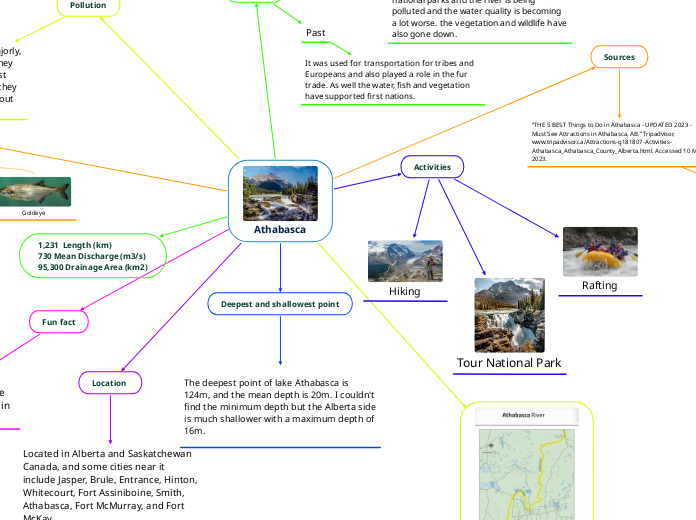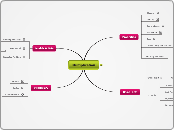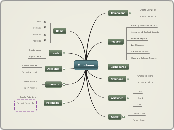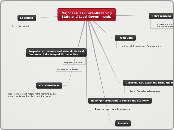Athabasca
1,231 Length (km)
730 Mean Discharge (m3/s)
95,300 Drainage Area (km2)
Sources
“THE 5 BEST Things to Do in Athabasca - UPDATED 2023 - Must See Attractions in Athabasca, AB.” Tripadvisor, www.tripadvisor.ca/Attractions-g181807-Activities-Athabasca_Athabasca_County_Alberta.html. Accessed 10 May 2023.
“Lake Athabasca - Regional Aquatics Monitoring Program (RAMP).” Www.ramp-Alberta.org, www.ramp-alberta.org/river/geography/peace+athabasca+delta/lake+athabasca.aspx. Accessed 10 May 2023.
“Athabasca River | the Canadian Encyclopedia.” Www.thecanadianencyclopedia.ca, www.thecanadianencyclopedia.ca/en/article/athabasca-river. Accessed 8 May 2023.
Fun fact
The longest river in Alberta, and the Alberta side is a lot shallower than in Saskatchewan
Location
Located in Alberta and Saskatchewan Canada, and some cities near it include Jasper, Brule, Entrance, Hinton, Whitecourt, Fort Assiniboine, Smith, Athabasca, Fort McMurray, and Fort McKay
Activities
Tour National Park
Rafting
Hiking
Deepest and shallowest point
The deepest point of lake Athabasca is 124m, and the mean depth is 20m. I couldn't find the minimum depth but the Alberta side is much shallower with a maximum depth of 16m.
History
Current
This river is very large with some parts in national parks and the river is being polluted and the water quality is becoming a lot worse. the vegetation and wildlife have also gone down.
Past
It was used for transportation for tribes and Europeans and also played a role in the fur trade. As well the water, fish and vegetation have supported first nations.
Pollution
The water quality has decreased majorly, vegetation, and oil sand deposits. they have made efforts to engage the first nations to monitor these things as they have historically raised concerns about it.
Fish
Goldeye
Bull Trout
Northern Pike









